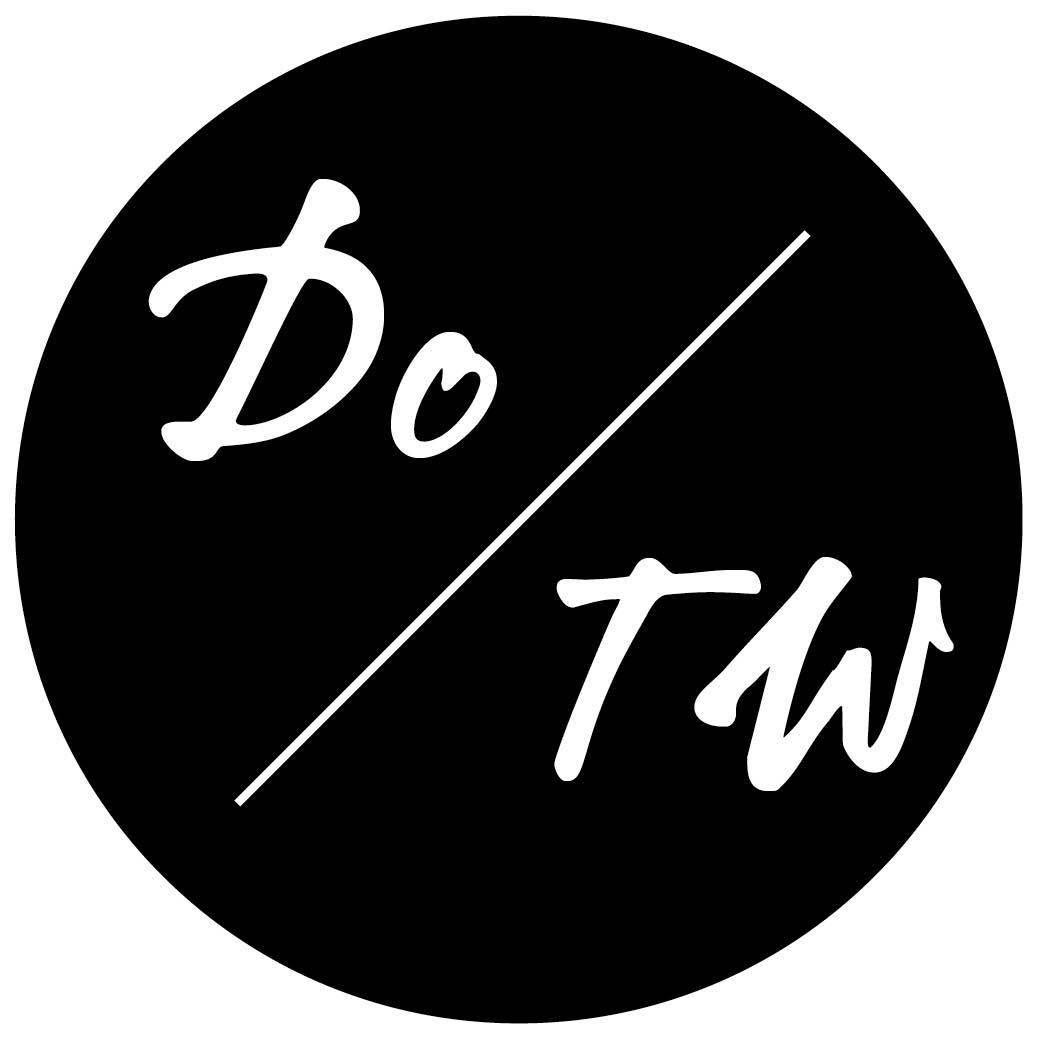Become an Author with Our New Webinar Series on Non-Fiction Book Deals

I don’t talk so much about this side of my writing, but in the summer of 2015, I took some time off from my freelance writing work to give myself a DIY MFA in book publishing, from the craft side to the ins and outs of working with a traditional publishing house.
Over the last couple years, while I’ve been working with all of you on Dream of Travel Writing, I’ve kept my ear to the ground in those circles and continued that education, but something else very interesting has happened in the intervening years.
I’ve seen many folks I know go from book proposal to published book (and often follow-up books!).
It’s simply amazing how fast and easy it is to become a traditionally published author today. That is, if you go about it the right way.
That’s why I’m so pumped to put together our current webinar series on how you too can become a non-fiction author with your book out from a storied publisher like Harper Collins or Penguin or the academic press of your choice.
What Is and What is Not a Salable Non-Fiction Book Today: Finding Your Place in the Marketplace
You shouldn’t take one step down the research rabbit hole with a book project until you understand how it fits into the marketplace. Editors and agents love to ask “where would this go in Barnes and Noble,” and their favorite authors are the ones that understand the book industry.
In this webinar, we’ll not only explore what is selling today (along with some peeks at what is not and why) and explore the age-old question of to self-publish or not to self-publish, but I’ll introduce you to a powerful tool that can help you quickly and easily find both what your book should focus on (because the decision really isn’t up to you) and how to get an agent!
Know Your Non-Fiction Book’s Market to Make Its Business Case
In this webinar, I’ll introduce the non-fiction book proposal and its main sections and then zero in on one of the two you need to spend your most time and research prowess on: the target market.
This is where your book will literally live and die. It doesn’t matter to an agent how interesting they think your topic is if he doesn’t think they can sell it to an editor, and it doesn’t matter to an editor how much she loves your writing if her publisher doesn’t think he can make his money back and more on the book.
You Are Your Non-Fictions Book’s Best Marketer: How to Make it Work
In last week’s webinar, we looked at one of the two most important sections of your non-fiction book proposal, and this week we dive into the second: the marketing plan.
No matter what connections you do or don’t have now, you can still make a killer marketing plan that is believable to a publisher and perfectly positions your book in the market. It all comes down to the triad of research, creativity, and a willingness to put yourself out there for your book.
The Parts of Your Book Proposal About You and Your Book (And Why They’re Actually Much Less Important!)
There are several parts of the non-fiction book proposal—the author bio, overview, chapter summary, and sample chapters—that can easily feel like the parts you should spend the majority of your time on, but they can easily become enormous time sucks!
We’ll look at how to efficiently power through the rest of your book proposal to get it polished and down without drowning in decision paralysis so your proposal can leave your laptop and do what it’s supposed to do: get agents interested in your project so you can get the feedback you need to make changes based on the knowledge of people who live and breathe books (a.k.a. book professionals and not you!).
I look forward to workshopping your book ideas in these webinars! To join any of these webinars live this month, grab your seat at our Dream Buffet.
